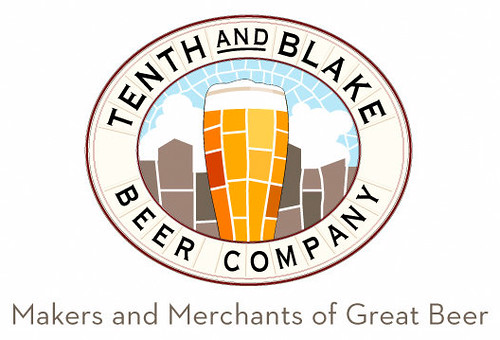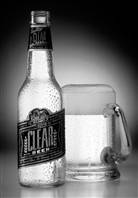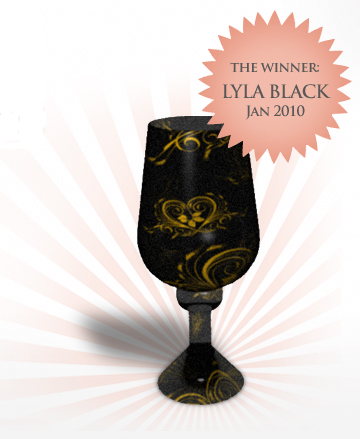
Amid recent rumors, the Tenth and Blake Beer Company, the craft-and-import division MillerCoors created last year, announced today that they’re purchasing Crispin Cider, which includes both the Crispin and Fox Barrel hard cider brands.
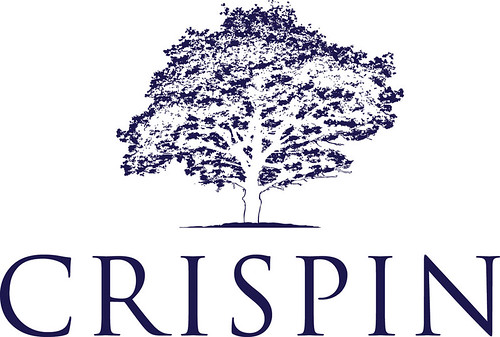
From the press release:
Minneapolis-based Crispin sold its first cases on St. Crispin’s Day, October 25, 2008. The company grew approximately 200 percent in 2011, outpacing the overall cider category’s 26 percent growth during the same period, and is already the No. 3 producer of cider in the U.S.
“Our vision is to accelerate our portfolio expansion within the world’s most exciting beer market. With cider’s explosion in the U.S., we were looking at the best way to participate in that growth,” said Tenth and Blake President and CEO Tom Cardella. “As we explored the category, Crispin stood out, not only because they were the most progressive and innovative producer, but also because we shared great personal chemistry. In addition to the best cider portfolio in the business, we love their energy, creativity and unsurpassed innovation capability. They make us an even better company right away.”
The deal includes Crispin’s affiliate, Fox Barrel Cider Company.
“We’re thrilled to be part of the Tenth and Blake family,” said Joe Heron, Crispin’s CEO. “We’ve always had very ambitious plans, and we’re proud of what we’re achieving with great products and an unrivaled creativity that mirrors the inspirational American craft-beer ethos. Tenth and Blake provides us the capability to scale up at the same pace as our increasingly accelerating demand in the U.S. and beyond.”
Crispin Cider Company produces European-style natural hard apple ciders using fermented unpasteurized fresh-pressed apple juice in Original, Light and Brut varietals, as well as additional unfiltered Artisanal Reserves — Honey Crisp, Lansdowne, The Saint and Cho-tokkyu, and also imports a classic English Dry Cider, Crispin Browns Lane.
Crispin affiliate, Fox Barrel Cider Company, is dedicated to the production of superior pure pear ciders, using fermented unpasteurized fresh-pressed pear juice. Available in Pacific Pear, Blackberry Pear and Apricot Pear varietals and additional unfiltered Cidery Reserves — Ginger & Blackcurrant and Rhubarb & Elderberry.
Crispin will be run as an independent division of Tenth and Blake.
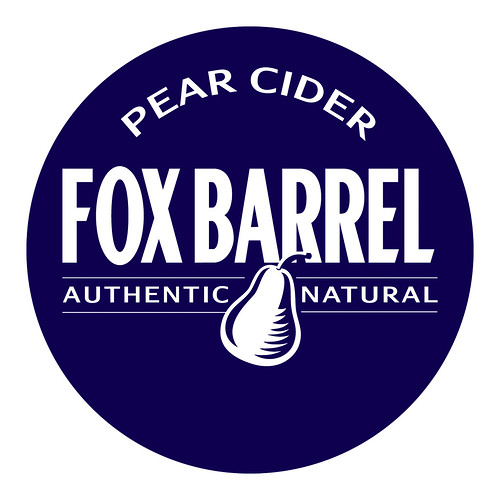
In addition to these two cider brands, Tenth and Blake also controls the following brands: “Blue Moon Brewing Co. at the Sandlot in Denver, Jacob Leinenkugel Brewing Co. in Chippewa Falls, Wis., 10th Street Brewery in Milwaukee, AC Golden in Golden, Colorado, Birra Peroni in Rome and Plzeňský Prazdroj (Pilsner Urquell) in Pilsen, Czech Republic. Tenth and Blake beers include Blue Moon Belgian White, Leinenkugel’s Honey Weiss, George Killian’s Irish Red, Batch 19, Henry Weinhard’s IPA, Colorado Native, Pilsner Urquell, Peroni Nastro Azzurro and Grolsch.”


